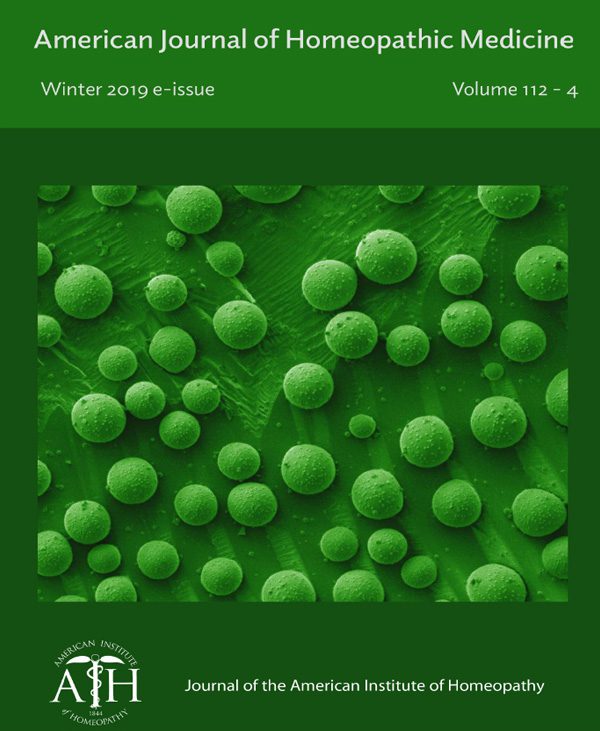
AJHM – Winter 2019
Volume 112 Number 4
Table of Contents
- President’s Message: Important News
- Editorial: Toward the Pursuit of Truth
- Of Some Interest
- Tremendous LMHI Conference in Sorento!
- Texas Society of Homeopathy 28th Annual Conference
- The Great Australian Cover-Up: How NHMRC Abused Public Trust and Caused Worldwide Repercussions for Homeopathy
- Organon: Ʃ of Correct Remedy Qualities
- A Retrospective Study of the Efficacy of Homeopathic Treatment on Patients with Substance Abuse Disorder Attending Primary Health Centers
- A Case of Cardiac Dysrhythmia
- Dying from Stress: A Case of Takotsubo Cardiomyopathy and Autoimmune Hepatitis Treated Homeopathically
- A New High Quality Study of Individualized Homeopathy in Bronchial Asthma
- Mapping the Cancer Journey: 2019 AIH Conference
Abstracts
Ʃ of Correct Remedy Qualities Joel Shepperd, MD
Introduction: When medicinal substances initiate the curing and healing process, the Law of Similars is the unifying principle of this homeopathic method. The Organon mentions several more essential qualities of medicines in order for the correct remedy to work well in actual practice.
Keywords: single, simple, salutary, smallest, subtle, spirit-like, stronger specificum, similar symptoms
A Retrospective Study of the Efficacy of Homeopathic Treatment on Patients with Substance Abuse Disorder Attending Primary Health Centers
Gyandas G Wadhwani, MD (Hom) , Yumna Ebrahim, M.Tech Hom
Abstract: Background: Substance abuse disorder is a medical condition whereby the use of one or more psychoactive drugs leads to a clinically significant impairment or distress to the individual’s physical, mental and social health. Aim: To evaluate retrospectively the effects of Homeopathic treatment on patients who consulted us in primary health centres primarily for, or were found during clinical evaluation to be suffering from, substance abuse disorder. Material and method: The records of thirteen patients suffering from substance abuse disorder who consulted us between September 1999 and March 2019 were evaluated retrospectively. They had received individualized classical Homeopathic treatment based on their symptom picture and were followed for a period ranging between 6 months and 8 years. Results: 92.31% responded to the individualized Homeopathic treatment; 69.24% of patients showed a sustained remission; 15.38% relapsed after staying sober for more than two years; 7.69% relapsed after 3 months and died; 7.69% dropped out, citing slow response.
Conclusion: Homeopathic treatment produced significant improvement in QoL with substance abuse disorder through individualized classical prescribing. Further exploratory research studies may be taken up to ascertain the role of homeopathy in these disorders.
Keywords: substance abuse disorder, homoeopathy, individualization, retrospective study

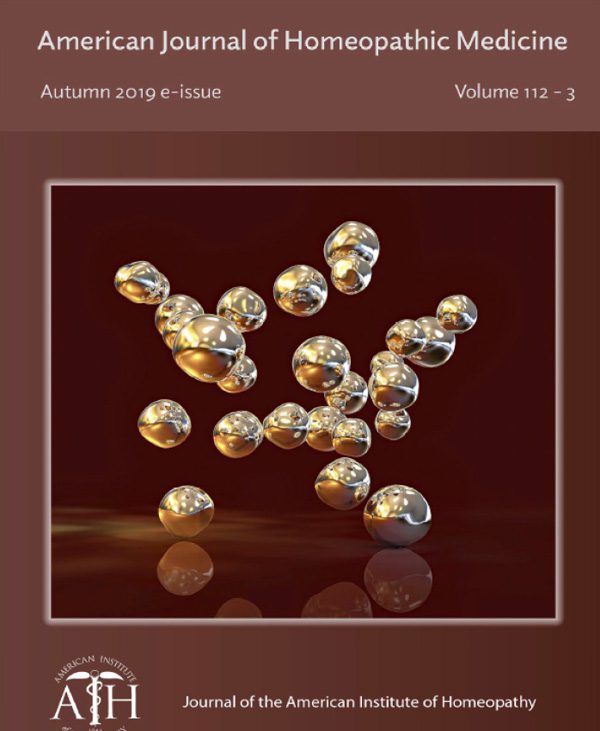
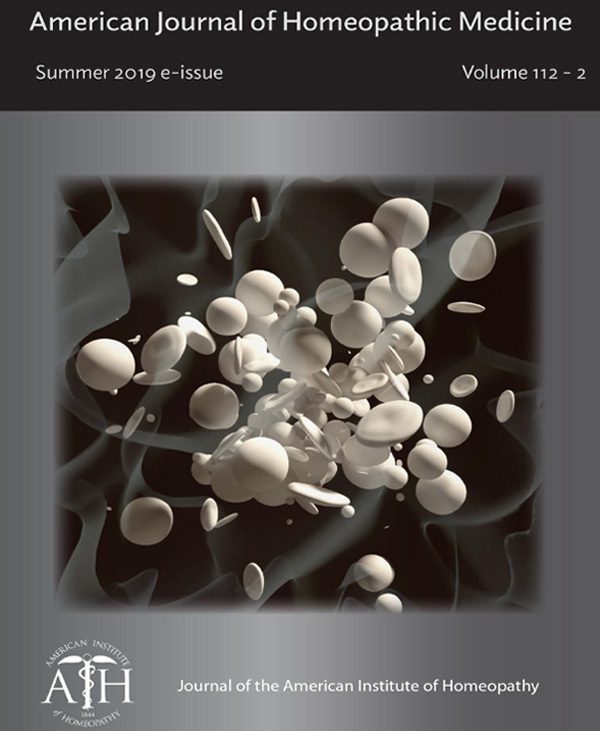
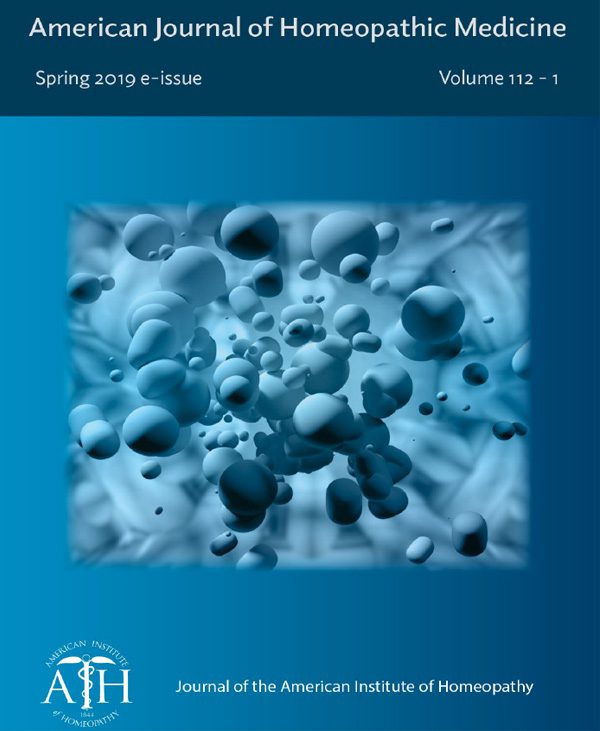
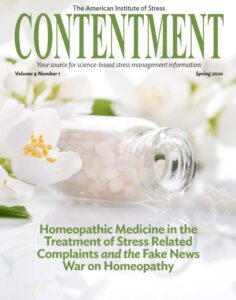 In 2020, the Editor in Chief of AJHM was the Guest Editor for:
In 2020, the Editor in Chief of AJHM was the Guest Editor for:
